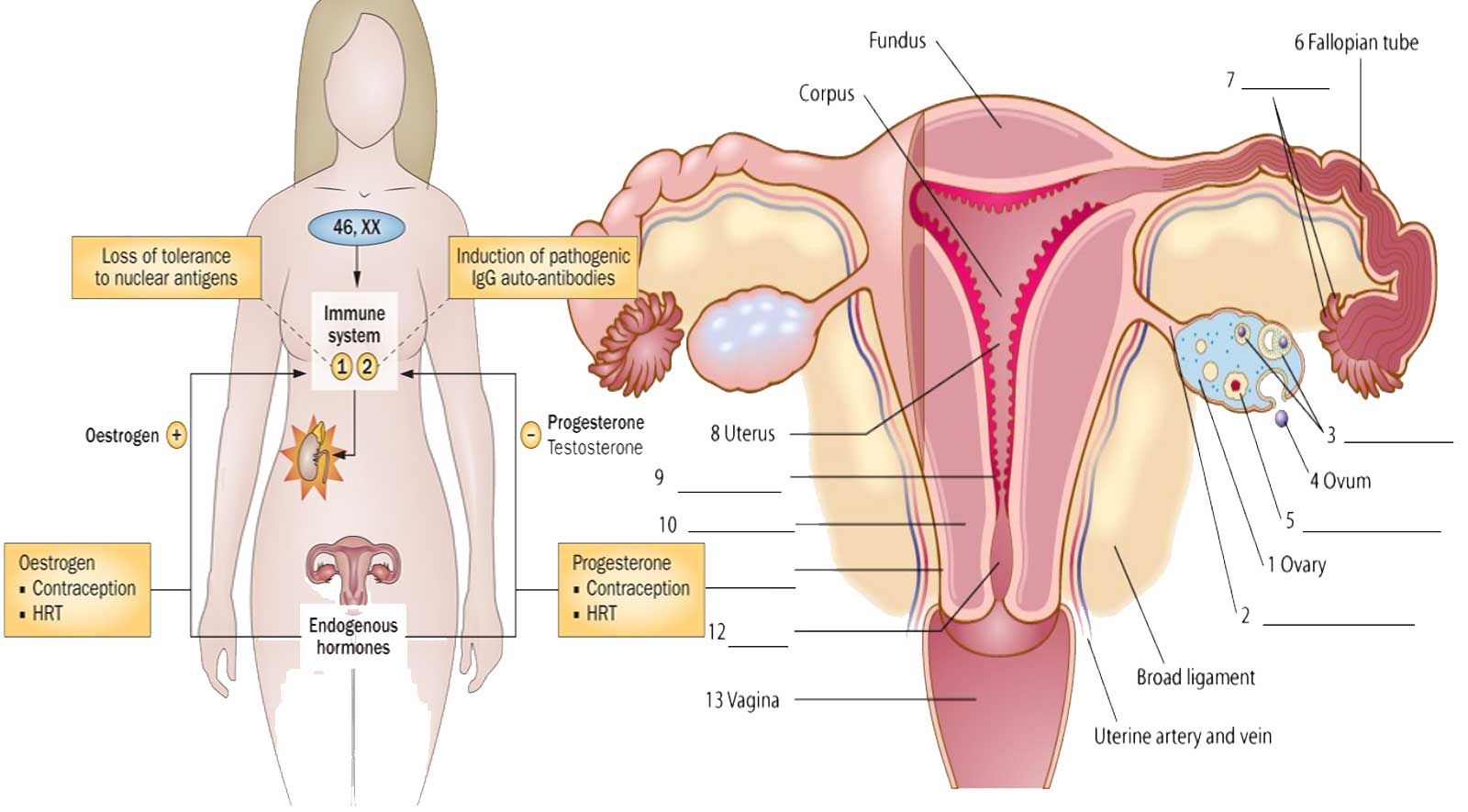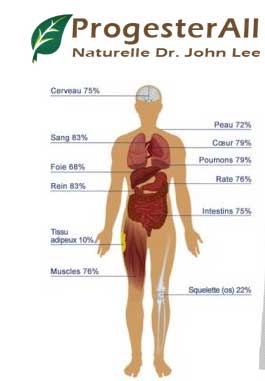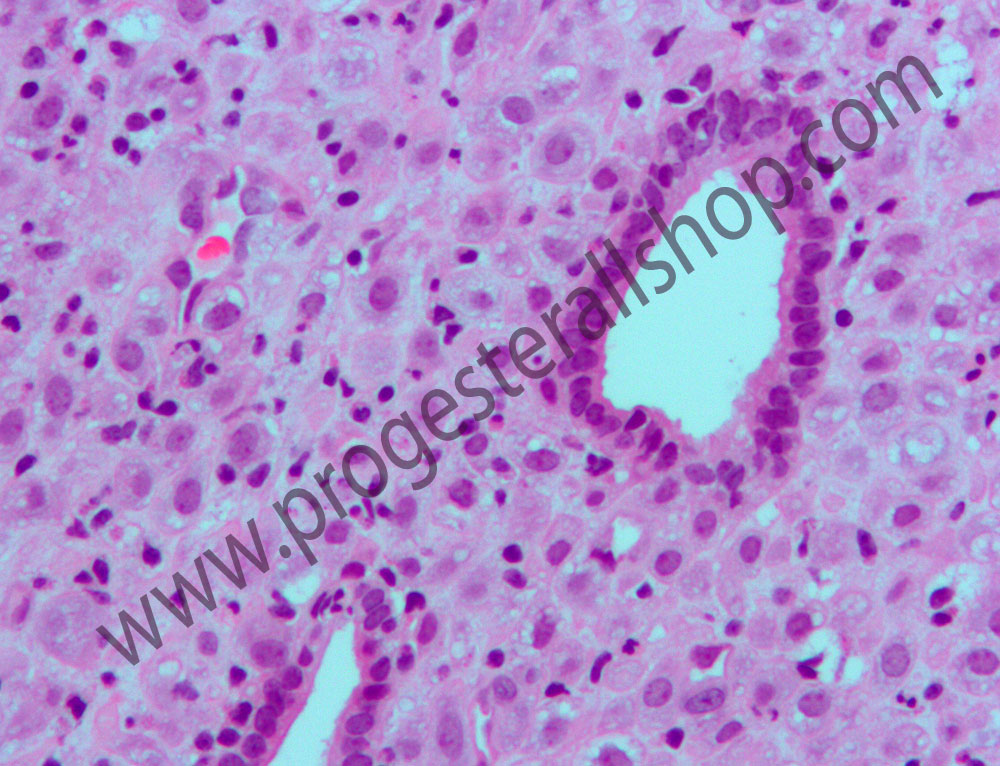
Q. are progesterone only pills safer?
A. It is more than 99 percent effective when taken correctly. This means that fewer than one in every 100 women who use the progestogen-only pill as contraception will become pregnant within a year. The progestogen-only pill is only about 91 percent effective when used “typically” (the way many women take it in real life).
Q. are progesterone tablets safe?
A. When taken orally: The progesterone prescription products approved by the Food and Drug Administration (FDA) are LIKELY SAFE for most people when taken orally under the supervision of a healthcare professional.
Q. are progesterone and progestin the same?
A. Progesterone is a naturally occurring hormone in the body that is produced by the ovaries and plays a variety of roles in the reproduction and menstruation cycles. Progestin is a lab-created hormone that is meant to mimic progesterone and act in the same way that it does in the body.
Q. are progesterone levels higher with twins?
A. Increased progesterone levels during pregnancy can indicate twins or an abnormal type of pregnancy known as a molar pregnancy. Increased progesterone when you are not pregnant could indicate that you have a lipid ovarian tumour, also known as chorionepithelioma.
Q. are progesterone injections painful?
A. Pain/swelling at the injection site, breast tenderness, headache, weight gain/loss, acne, nausea, increased body/facial hair, hair loss on the scalp, drowsiness, or dizziness are all possible side effects. Inform your doctor or pharmacist right away if any of these side effects persist or worsen.
Q. are progesterone only pills better?
A. Pain/swelling at the injection site, breast tenderness, headache, weight gain/loss, acne, nausea, increased body/facial hair, hair loss on the scalp, drowsiness, or dizziness are all possible side effects. Inform your doctor or pharmacist right away if any of these side effects persist or worsen.
Q. are progesterone pessaries safe?
A. Using progesterone vaginally can increase your chances of developing blood clots, stroke, heart attack, or breast cancer. Discuss this risk with your doctor. If you are pregnant, do not use progesterone vaginal, unless it is part of your fertility treatment.
Q. are progesterone pessaries effective?
A. Although the pessary had no overall treatment effect, it significantly reduced preterm delivery rates before 32 weeks in a subgroup of women with cervixes less than the 25th percentile (38 mm) (11 percent vs. 25 percent, RR 0.44; 95 percent CI 0.20–0.98).
Q. can progesterone cause depression?
A. Fluctuations in progesterone levels can have the same effect on emotions by altering brain chemistry, leading to depression. Estrogen becomes the dominant hormone, causing cortisol levels to rise and anxiety to increase.
Q. can progesterone pessaries cause bleeding?
A. This hormonal change can result in a temporary drop in progesterone levels. This shift may result in spotting or even heavy bleeding comparable to a period. The pregnancy can safely continue as long as the placenta begins producing enough progesterone, and the woman will not have a miscarriage.
Q. can progesterone cause weight gain?
A. Progesterone is also required for the body to function properly. It can fall as a result of stress, menopause, or the use of contraceptive pills. This can lead to weight gain, so you should meditate to relieve stress and anxiety and exercise regularly to avoid it.
Q. can progesterone make you tired?
A. You should be aware that progesterone can cause dizziness or drowsiness. Do not drive or operate machinery until you have determined how this medication affects you. If progesterone causes dizziness or drowsiness, take your daily dose at bedtime.
Q. can progesterone cause nausea?
A. Progesterone may also play a role in NVP when combined with oestrogen. Progesterone reduces smooth muscle contractility, which can alter gastric emptying and cause nausea and vomiting.
Q. can progesterone cause headaches?
A. Progesterone may also play a role in NVP when combined with oestrogen. Progesterone reduces smooth muscle contractility, which can alter gastric emptying and cause nausea and vomiting.
Q. can progesterone cause cramps?
A. Progesterone side effects commonly reported include abdominal cramps, depression, dizziness, and headache. Anxiety, cough, diarrhoea, fatigue, musculoskeletal pain, nausea, bloating, emotional lability, and irritability are some of the other side effects.
Q. can progesterone cause anxiety?
A. The fluctuation of oestrogen and another important hormone, progesterone, in your body can cause anxiety or depression. However, high anxiety or panic attacks on a regular basis are not a normal part of menopause. During menopause, some women experience panic attacks.
Q. how progesterone works?
A. After ovulation, progesterone prepares the endometrium for the possibility of pregnancy. It causes the lining to thicken in preparation for the acceptance of a fertilised egg. It also prevents uterine muscle contractions that would cause the body to reject an egg.
Q. how progesterone pills work?
A. The progestin in the pills has a number of effects in the body that aid in the prevention of pregnancy: The mucus in the cervix thickens, making sperm enter the uterus and fertilise an egg difficult. Progestin inhibits ovulation, but not consistently.
Q. how progesterone affects mood?
A. Progesterone has an effect on every part of your body. This potent hormone is in charge of so many things! Progesterone can improve your mood. Progesterone is a natural antidepressant that can help with anxiety, mood swings, and even postpartum depression.
Q. how progesterone prevents pregnancy?
A. Progesterone is the primary hormone responsible for preventing pregnancy. The primary mechanism of action is ovulation prevention; they inhibit follicular development and thus prevent ovulation. Progestogen negative feedback reduces the pulse frequency of gonadotropin-releasing hormone in the hypothalamus.
Q. how progesterone helps in pregnancy?
A. Progesterone promotes uterine (womb) growth and prevents contractions during pregnancy. Contractions in the early stages of pregnancy can lead to miscarriage. This is the loss of a pregnancy before the 20th week. Progesterone assists your breasts in preparing to produce breast milk later in pregnancy.
Q. how progesterone only pill works?
A. The traditional progestogen-only pill (POP) prevents pregnancy by thickening cervix mucus, preventing sperm from reaching an egg. Desogestrel, a progestogen-only pill, can also prevent ovulation. To be effective, the progestogen-only pill must be taken on a daily basis.
Q. how progesterone pessaries work?
A. The pessaries are started on the day of egg retrieval in this case. Progesterone acts on the womb lining, thickening it in preparation for a fertilised egg to implant. If a pregnancy is confirmed, the progesterone is continued for 38 days.
Q. how progesterone prevent ovulation?
A. The hormone progesterone is in charge of preventing pregnancy. The primary mode of action is to prevent ovulation by inhibiting follicular growth and preventing ovulation. Progestogen negative feedback reduces the frequency of gonadotropin-releasing hormone pulses in the hypothalamus.
Q. what progesterone level indicates ovulation?
A. Serum progesterone concentrations greater than 10 ng/mL on days 21 to 23 indicate normal ovulation, while concentrations less than 10 ng/mL indicate anovulation, insufficient luteal phase progesterone production, or improper sample collection timing.
Q. what progesterone level indicates ovulation in dogs?
A. Ovulation occurs when progesterone levels in the blood reach 5-6ng/mL. This value remains constant regardless of the size of the dog. Bitches will always ovulate around the same progesterone level, whether they are Chihuahuas, Labrador Retrievers, Mastiffs, or other breeds.
Q. what progesterone does?
A. After ovulation, progesterone prepares the endometrium for the possibility of pregnancy. It causes the lining to thicken in preparation for the acceptance of a fertilised egg. It also prevents uterine muscle contractions that would cause the body to reject an egg.
Q. what progesterone is in mirena?
A. The Mirena IUD produces levonorgestrel, a synthetic form of progesterone. Levonorgestrel works by thickening the cervical mucus and thinning the uterine lining, which prevents pregnancy. This synthetic hormone can also be used to prevent ovulation, though this is not always the case.
Q. what progesterone does to the body?
A. After ovulation, progesterone prepares the endometrium for the possibility of pregnancy. It causes the lining to thicken in preparation for the acceptance of a fertilised egg. It also prohibits uterine muscle contractions that would cause the body to reject an egg.
Q. what progesterone level indicates pregnancy?
A. 11.2 to 90.0 ng/mL or 35.62 to 286.20 nmol/L in the first trimester of pregnancy. 2nd trimester pregnancy: 25.6 to 89.4 ng/mL (81.41 to 284.29 nmol/L). Pregnancy third trimester: 48 to 150 to 300 ng/mL or 152.64 to 477 to 954 nmol/L
Q. what progesterone only pills are there?
A. There are two kinds of progestogen-only pills: 3-hour progestogen-only pill (traditional progestogen-only pill) – must be taken every day within 3 hours of the same time. 12-hour progestogen-only pill (desogestrel progestogen-only pill) – must be taken at the same time every day within 12 hours.
A. Follow link for return policy .
A. follow link for continuation
Q. what progesterone is in the mini pill?
A. Minipills are a type of birth control pill. It’s made with progestin, a synthetic version of the hormone progesterone that your body produces. Regular birth control pills contain progestin as well as oestrogen, a second female hormone. Combination birth control pills are what they’re called.
when progesterone levels are high
when progesterone drop before period
when progesterone is high
when progesterone is secreted
when progesterone is low
when progesterone levels are low
when progesterone increases
when progesterone drops
where progesterone is produced
where progesterone is secreted
progesterone where to buy
progesterone where to inject
progesterone where to get it
progesterone where to buy cream
where are progesterone receptors located
where is progesterone produced in males
which progesterone is bioidentical
which progesterone is best for acne
which progesterone only pill is best
which progesterone is best for hrt
which progesterone is best for pregnancy
which progesterone cream is best
which progesterone is best for endometriosis
which progesterone is best for ivf
who progesterone in pregnancy
progesterone who discovered
who secretes progesterone
who needs progesterone
who has progesterone
who needs progesterone cream
who need progesterone during pregnancy
who takes progesterone
why progesterone on empty stomach
why progesterone in hrt
why progesterone only pill
why progesterone is low
why progesterone is given in pregnancy
why progesterone pessaries ivf
why progesterone after embryo transfer
why progesterone is called pregnancy hormone
will progesterone stop my period
will progesterone stop miscarriage
will progesterone stop bleeding
will progesterone help me sleep
will progesterone stop miscarriage bleeding
will progesterone mask a miscarriage
will progesterone delay my period
will progesterone make me bleed
progesterone can cause weight gain
progesterone can delay period
progesterone can cause acne
progesterone can cause cancer
progesterone can cause changes in
progesterone can stop period
progesterone can cause bleeding
progesterone can cause miscarriage
progesterone for menopause
progestérone naturelle ou la trouver , progesterone naturelle ou de synthese, progestérone naturelle aliment , progesterone naturelle avis , progesterone naturelle aliments , progesterone naturelle dans alimentation, apport progesterone naturelle , acheter progesterone naturelle , alchemille progesterone naturelle , creme progesterone naturelle avis , progesterone naturelle bio , progesterone naturelle bio identique , progesterone naturelle biogaran , progesterone naturelle bienfaits , progesterone naturelle biovea , creme progesterone naturelle bio , crème progestérone naturelle bio , progestérone naturelle crème , progesterone naturelle creme , progesterone naturelle comprimé progesterone naturelle creme en pharmacie, progesterone naturelle.com , progestérone naturelle crème en pharmacie , progesterone naturelle cheveux , progesterone naturelle contraceptive , progesterone naturelle dans alimentation , progesterone naturelle dr lee , progesterone naturelle duphaston , progesterone naturelle dr john lee , progesterone naturelle docteur lee , progesterone naturelle debut grossesse , crème progestérone naturelle dr lee , progesterone naturelle et prise de poids , progesterone naturelle effet , progesterone naturelle et fibrome , progesterone naturelle endometriose , progesterone naturelle et libido , progesterone naturelle et meningiome , progesterone naturelle et prise de poids , progesterone naturelle en creme , progesterone naturelle et sommeil , progesterone naturelle et fibrome , progesterone naturelle et foie , fabrication progesterone naturelle , progestérone naturelle femme , progestérone naturelle fertilité , progesterone naturelle miss frottis , la progesterone naturelle fait elle grossir , progesterone naturelle pour femme enceinte, progesterone naturelle grossesse , progesterone naturelle gelule , progesterone naturelle gattilier , progesterone naturelle gel , progesterone naturelle pour grossesse , progesterone naturelle debut grossesse , progesterone naturelle pendant la grossesse, progesterone naturelle homeopathie , progesterone naturelle homme , hormone progesterone naturelle , progesterone naturelle pour homme , progesterone naturelle igname , progesterone naturelle insomnie , progesterone naturelle bio identique , progesterone naturelle dr john lee , progestérone naturelle ou la trouver , progesterone naturelle dr john lee , crème progestérone naturelle dr lee , la progestérone naturelle , lutheran progesterone naturelle , progesterone naturelle et libido , progesterone naturelle docteur lee , progesterone naturelle pendant la grossesse, progestérone naturelle ménopause , progestérone naturelle micronisée , progesterone naturelle micronisée mylan , progesterone naturelle menopause , progesterone naturelle micronisée , progesterone naturelle medicament , progesterone naturelle miss frottis , progesterone naturelle mylan , progesterone naturelle naturopathie , progesterone naturelle ovule , progesterone naturelle ou de synthese , progestérone naturelle ou la trouver , progestérone naturelle sans ordonnance , progesterone et oestrogene naturelle , progesterone naturelle en pharmacie sans ordonnance, origine progesterone naturelle , progesterone naturelle premenopause , progesterone naturelle perimenopause , progesterone naturelle plantes , progesterone naturelle pour homme , progesterone naturelle pour tomber enceinte , progesterone naturelle pour grossesse , progesterone naturelle pendant la grossesse , progesterone naturelle pour femme enceinte , progesterone naturelle risques ,






